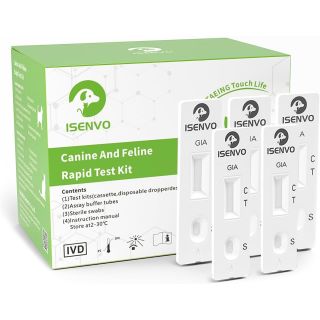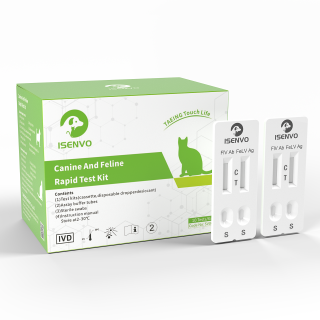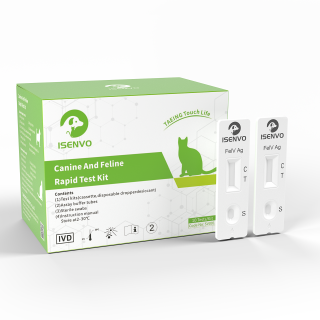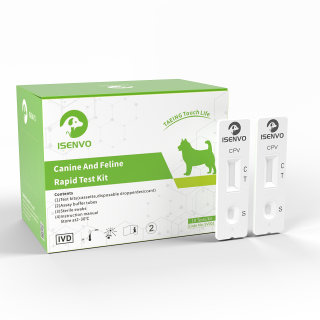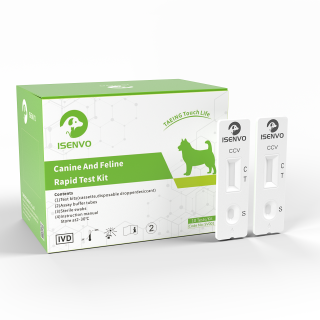A dog cold refers to a dog that has symptoms similar to human colds, such as runny nose, sneezing, coughing, etc., due to the influence of viruses, bacteria or environmental factors. This situation is common when the seasons change or the dog's immunity decreases.

Causes of dog colds
1. Sudden changes in environmental temperature
In hot and cold weather, especially in the transition between winter and spring, autumn and winter, it is difficult for dogs to adapt to the temperature difference and they are prone to colds.
2. Low immunity
Puppies, elderly dogs or dogs with poor physical fitness have weak immune systems and are more susceptible to cold viruses.
3. Infected pathogens
A dog cold may be caused by a virus (such as canine influenza virus) or a bacterial infection. Especially after contact with other sick dogs, the chance of infection is higher.
4. Humid or poor environment
Long-term stay in a humid, cold or poorly ventilated environment will increase the risk of dogs catching a cold.
5. Unbalanced nutrition
The lack of necessary vitamins and nutrients in the diet will weaken the dog's resistance and make it more susceptible to colds.
Symptoms of a dog cold
1. Runny nose (transparent or yellow discharge)
2. Sneezing, coughing
3. Low energy
4. Decreased appetite
5. Slight fever
6. Difficulty breathing or hoarse throat
Countermeasures for dog colds
1. Improve immunity
● Balanced nutrition:
Provide dogs with high-quality dog food and add vitamin supplements such as vitamin C and E when necessary.
● Regular exercise:
Maintain a moderate amount of exercise to enhance the dog's physique.
● Vaccination:
Regularly vaccinate against canine influenza and other vaccines to prevent viral infection.
2. Keep warm
● In cold seasons, ensure that the dog's living environment is dry and warm, and avoid long-term activities in low-temperature outdoor environments.
● Warm clothing or heating pads can be provided for dogs.
3. Avoid cross infection
● If there are multiple dogs at home, sick dogs need to be isolated to prevent other dogs from being infected.
● Avoid contact with unfamiliar sick dogs when the dog is out.
4. Provide sufficient water
Encourage dogs to drink more water and keep their bodies hydrated, which helps eliminate toxins in the body.
5. Seek medical treatment
If your dog has persistent high fever, loss of appetite or shortness of breath, you should take him to the doctor immediately. The veterinarian may prescribe antibiotics or antiviral drugs according to the condition.
Preventive measures
● Regular physical examinations
At least once a year, make sure your dog is in good health.
● Keep the environment clean
Clean the dog's bed and toys regularly to reduce the breeding of germs.
● Reasonable exercise and rest
Proper exercise can enhance physical fitness, and at the same time, let the dog get enough rest.

The above methods can effectively reduce the incidence of colds in dogs and help them grow healthily. If the dog has caught a cold, timely care and treatment are very important to prevent it from developing into a more serious disease.




